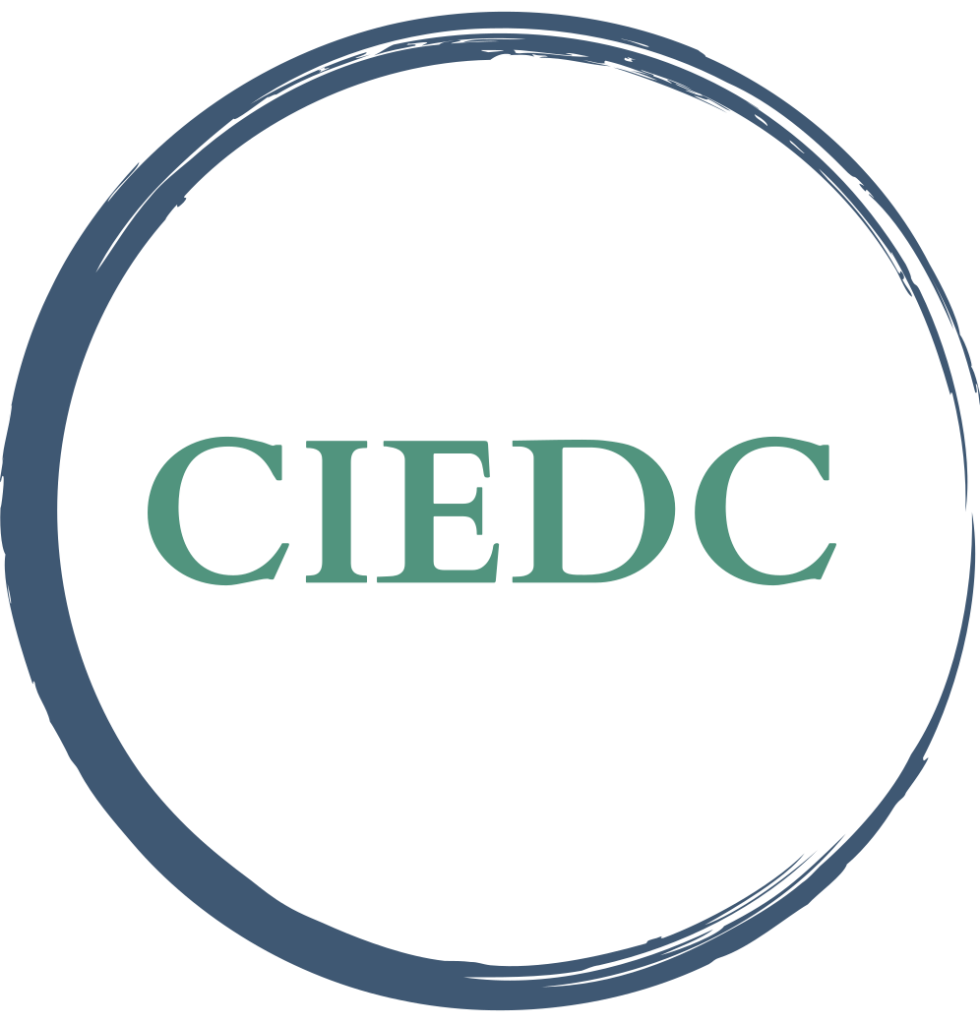In today’s interconnected world, influencer marketing has surged to the forefront of brand promotion and consumer engagement strategies. Leveraging the power of social media personalities, influencer marketing has become a transformative force reshaping the marketing landscape. The industry was valued at $13.8 billion in 2021 and is expected to grow significantly in the coming years due to changing consumer behaviors favoring authentic connections over traditional advertising.
Origins and Evolution
The roots of influencer marketing can be traced back to the early days of social media, where bloggers and YouTube creators first demonstrated their influence over niche audiences. Platforms like Instagram played a pivotal role in fostering influencer culture, with its visually appealing format attracting both influencers and brands alike. The diversification of influencers across platforms like TikTok, YouTube, Twitter, and LinkedIn has allowed brands to tailor their campaigns to different demographics and content styles.
Trust and Reliability
Influencers have built trust by sharing authentic and relatable content that resonates with their followers. Unlike traditional celebrities, influencers are perceived as peers by their audience, creating a sense of authenticity that is highly valued in today’s digital landscape.
Micro-Influencers
The rise of micro-influencers, who have smaller but more engaged audiences, has highlighted the effectiveness of authenticity in influencer marketing. These influencers often yield higher engagement rates due to their niche focus and genuine connections with their followers.
Metrics and Measurement
Brands rely on various metrics to measure the success of influencer campaigns, including engagement metrics such as likes, comments, shares, and save. Conversion tracking through link tracking and promo codes helps assess direct conversions driven by influencers. Monitoring brand sentiment post-collaboration provides valuable insights into audience perceptions.
Challenges and Pitfalls
Navigating challenges such as maintaining authenticity in sponsored content, mitigating risks associated with influencer missteps or controversies, and standing out in a saturated market are key considerations for brands engaging in influencer marketing.
Best Practices
Clear campaign briefs, long-term partnerships for authenticity, transparent disclosure of paid partnerships, and granting influencers creative freedom are essential best practices for successful influencer collaborations.
Examples
Notable examples include Daniel Wellington’s elegant watch campaigns with fashion influencers using #DanielWellington, Fenty Beauty’s inclusive makeup line promoted by diverse influencers challenging beauty norms, and Red Bull’s adrenaline-fueled content collaborations with extreme sports influencers on YouTube.
In conclusion, influencer marketing has become a dynamic force shaping modern marketing strategies by emphasizing authenticity, data-driven insights, creativity, and genuine connections with target audiences.
https://www.bigcommerce.com/articles/ecommerce/influencer-marketing

